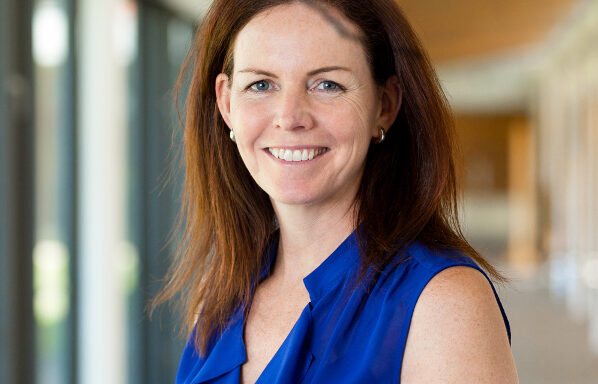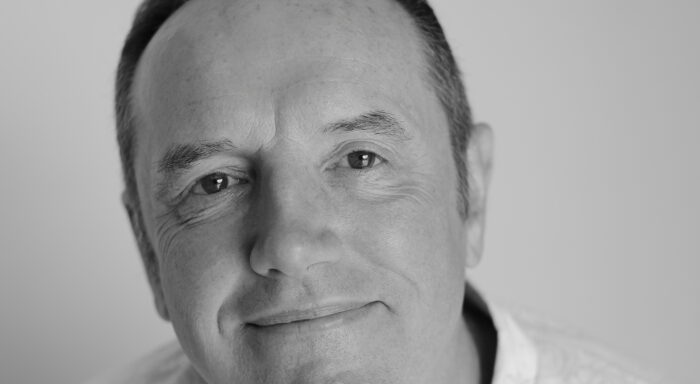Introduction
Consortial Project 2 studied the human genetic factors suspected to influence the antibody response to malaria parasite antigens, with a particular focus on antigens that are being strongly considered for vaccine development.
Genetic determinants of the immune response to malaria
People living in malaria-endemic regions acquire some level of protective immunity against the disease as they get older. Although the immunity is only partial, it reduces the amount of illness and death caused by malaria, and one of the main goals of vaccine developers is to achieve a similar level of immunity in young children. Unfortunately, we still lack a good understanding of how protective immunity against malaria works, despite decades of scientific effort to dissect the molecular mechanisms.
To better understand why people differ in their immune response to the parasite, and how this affects their level of resistance to the disease, we:
- Worked with partner studies in a number of geographical locations to collected serum samples, DNA and epidemiological data from 17,000 people
- Developed a standardised, scalable antibody-detection assay for known malarial antigens to allow an integrated analysis across study sites
- Completed measurements of IgG antibody levels against the P. falciparum vaccine candidate antigens MSP1, MSP2, CSP and AMA1, and total IgE levels
- Genotyped 200 single nucleotide polymorphisms (SNPs) across candidate genes and published malaria-associated SNPs
We then used the resulting data to investigate two basic questions:
- Across multiple study sites, do SNPs in immune response genes correlate with antimalarial antibody levels?
- Within individual sites, do both SNPs in immune response genes and antimalarial antibody levels correlate with key clinical phenotypic variables, for example disease severity?
This project began shortly after MalariaGEN was formed in 2005, and has greatly influenced our approach to collaborative science.
Sampling locations
Burkina Faso, Kenya, Mali, Senegal, Sri Lanka, Sudan, Tanzania.
Partner studies
Each partner study conducted epidemiological surveys to measure the immune response to malaria, in order to investigate any correlation between levels of infection and clinical illness.
The partner studies differed in their epidemiological study design and in the precise variables that are measured, but what all had in common is that they have provided samples of serum and DNA to a central repository. This allowed all partner studies to share genetic data and anti-malarial antibody measurements made in a reference laboratory using a common set of laboratory protocols.
Partner study description Researchers from the Centre National de Recherche et de Formation sur le Paludisme (CNRFP), Burkina Faso, and the University of Rome La Sapienza, Italy, contributed samples from people in four…
Partner study description Researchers at the Malaria Research and Training Centre, University of Bamako contributed samples from individuals in rural villages in Manteourou county in the Dogon region of Mali. Malaria transmission is…
Partner study description Researchers at the Joint Malaria Programme, Kilimanjaro Christian Medical Centre contributed samples from people in 24 villages in northeastern Tanzania. The site stretches across a range of altitudes from the…
Partner study description Researchers at the Malaria Research and Training Centre, University of Bamako contributed samples from individuals in the Pongonon village in the rural Dogon region of Mali. In this region, malaria…
Partner study description Researchers from the Institut Pasteur de Dakar contributed samples from individuals in two communities, Dielmo and Ndiop, about 300km south of Dakar. Of special interest for Consortial Project (CP2) is…
Partner study description Researchers from the Faculty of Medicine, University of Colombo contributed samples from individuals in eight adjacent villages in Kataragama, a farming district in the dry lowland coastal plains of southeast…
Partner study description Researchers at the Tanzanian National Institute for Medical Research contributed samples from individuals in eight villages in the Muheza district in northeastern Tanzania. Four of these villages are located in…
Publications
- Host genetic polymorphisms and serological response against malaria in a selected population in Sri Lanka
Dewasurendra RL, Jeffreys A, Gunawardena SA, Chandrasekharan NV, Rockett K, Kwiatkowski D, & Karunaweera NDMalaria Journal, 2018; 17 473- Genetic determinants of anti-malarial acquired immunity in a large multi-centre study
Shelton et al.Malaria Journal, 2015; 14 333- Novel Insights Into the Protective Role of Hemoglobin S and C Against Plasmodium falciparum Parasitemia
Mangano et al.Journal of Infectious Diseases, 2015; 212(4) 626-34- G6PD gene variants and its association with malaria in a Sri Lankan population
Dewasurendra et al.Malaria Journal, 2015; 14 93- Glucose-6-phosphate dehydrogenase polymorphisms and susceptibility to mild malaria in Dogon and Fulani, Mali
Maiga et al.Malaria Journal, 2014; 13 270- Human candidate polymorphisms in sympatric ethnic groups differing in malaria susceptibility in Mali
Maiga et al.PLoS One, 2013; 8(10) e75675- Genetic polymorphisms associated with anti-malarial antibody levels in a low and unstable malaria transmission area in southern Sri Lanka
Dewasurendra et al.Malaria Journal, 2012; 11 281- A global network for investigating the genomic epidemiology of malaria
Malaria Genomic Epidemiology NetworkNature, 2008; 456(7223) 732-7
Project contact
People
Investigators involved in Consortial Project 2 include:
- Abdoulaye Djimdé
- Dr Adama Tall
- Alioune Badara Ly
- Dr Alphaxard Manjurano
- Amagana Dolo
- Anavaj Sakuntabhai
- Ayman Hussein
- Dr Boubacar Maiga
- Dr Carolyne Ndila
- Prof Chris Drakeley
- Prof David Modiano
- Prof Deepika Fernando
- Dr Deus Ishengoma
- Dr Edith Bougouma
- Prof Eleanor Riley
- Hugh Reyburn
- Prof Kevin Marsh
- Marita Troye-Blomberg
- Dr Martha Lemnge
- Prof Muntaser Ibrahim
- Prof Nadira Karunaweera
- Dr Norbert Peshu
- Dr Odile Puijalon
- Prof Ogobara Doumbo
- Ousmane Boubacar Toure
- Patrick Corran
- Rajika Dewasurendra
- Dr Sodiomon Bienvenu Sirima
- Theonest Mutabingwa
- Prof Alfred Amambua-Ngwa
- Prof Tom Williams
- Valentina Mangano



